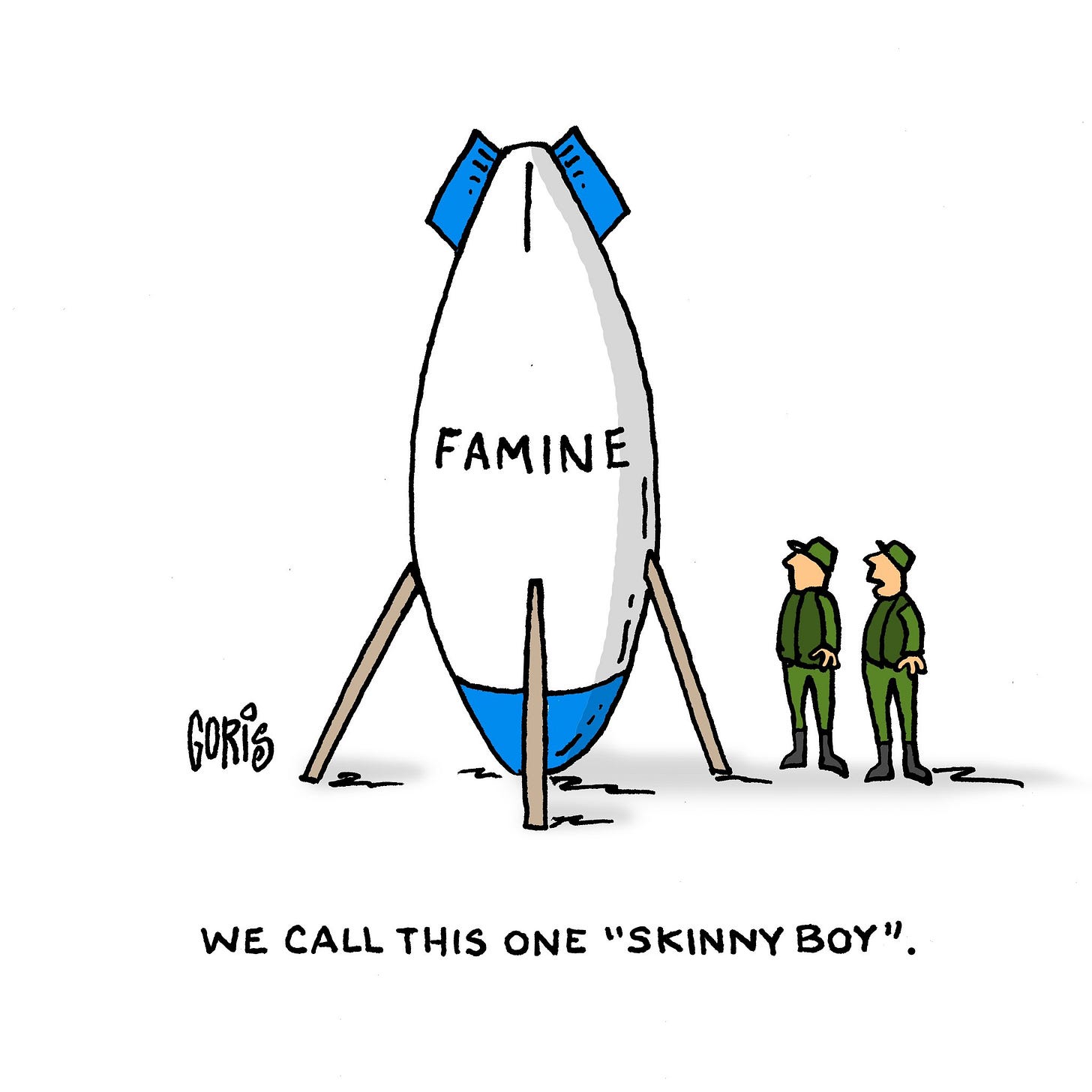Greg Mitchell is the author of more than a dozen books (see link) and now writer/director of three award-winning films aired via PBS, including “Atomic Cover-up” and “Memorial Day Massacre” which are still up at PBS.org. Before all that, he was a longtime editor of the legendary Crawdaddy. You can still subscribe to this newsletter for free.
I briefly hailed the slide guitar genius and profound music archaeologist Ryland “Ry” Cooder back in January, reviving his great album from almost 50 years ago, “Into the Purple Valley,” and then last month quoted from one of his interviews with Tony Scherman. But he’s overdue for a full career retrospective here, though I missed his 77th birthday this past weekend.
He made memorable contributions to the Stones and Jagger and Little Feat starting 55 years ago….wrote many cool soundtracks…and then produced Buena Vista Social Club for best-selling record and acclaimed film …and won a Grammy as recently as two years ago. (A great profile by Alec Wilkinson in Esquire awhile back, if you care.) I should note that Ry wrote a piece for me at Crawdaddy around 1976 re: Hawaiian guitar great Gabby Pahinui. Very Ry, as it were.
Part II of this coming on Friday. See cartoons down below. You can still subscribe for free.
Ry, an L.A./Santa Monica kid (then and now), got his start as a teen in a band with, amazingly, Taj Mahal, with whom he would win a Grammy 56 years later.
After a stint with Captain Beefheart for his legendary first lp, “Safe as Milk,” he started to do session work. First I heard of him was on Little Feat’s debut album, which I reviewed for three magazines in 1971—when Lowell George cut his finger, Ry had to fill in for what became their most famous song, “Willin.’”
At that point, I didn’t know that he had already played mandolin on the Stones’ “Love in Vain” and then the haunting slide on “Sister Morphine” (for both the Stones and co-writer Marianne Faithfull). Stones version. Here, from Marianne:
Many still consider Jagger’s “Memo from Turner” the highlight of cultish film “Performance.” Naturally that was Ry with one of greatest guitar performances of the period. A couple of weaker versions with others circulated but don’t miss the Ry one:
Ry also appeared on the Stones-related “Jamming With Edward” lp, but had a real falling out with them, with two rumors out there: He found their druggie lifestyle dangerous and appalling and/or he felt Keith Richards had shaped (without credit) his new, post-1968 guitar tone after Ry taught him a thing or two. (Take a listen to, say, “Jumpin Jack Flash.”) Anyway, Ry then started a string of strong solo albums for Warners/Reprise, usually updating mainly forgotten but classic songs from blues and folk greats, often reflecting his lefty politics. Here are a few selections among a numerous fine candidates from the 1970s. In almost every case the song is swell enough…but then you get the inevitable and fantastic guitar solos as a major bonus.
First, “On a Monday” written by the one and only Leadbelly. Also covered his “Bourgeois Blues” among others.
The entirely delightful “Diddy Wah Diddy” writte by Arthur “Blind” Blake features on piano, amazingly, Earl “Fatha” Hines—who played on the seminal Louis Armstrong cuts back around 1928.
Classic “How Can a Poor Man Stand These Times and Live” penned by Blind Alfred Reed, with fantastic Ry solo.
Linda Ronstadt picked up on Ry’s version of “Tattler” below—a Washington Phillips song he strongly revised—and covered it on one of her albums with Ry backing. Linda live here, but note in her case the lame and ill-toned non-Cooder guitar solo from her touring band.
Speaking of the Stones…he covered their first hit “It’s All Over Now,” very early in the reggae craze.
Hot guitar and mandolin for “Billy the Kid”
Testifying, on gospel classic “Jesus on the Mainline”
In the ballad mode with cover of late-’50s Jim Reeves hit, “He’ll Have to Go.” By this time, Ry had featured on record and tours the great accordionist Flaco Jimenez and other Mexican or Mexican-American players, and this would continue for decades.
Somehow he easily topped Sam Cooke’s “Chain Gang” partly thanks to one of his longtime singing comrades, Bobby King. But, as always, don’t ignore the brief guitar breaks. Van Dyke Parks on piano!
»>Part II on Friday: Classic “Across the Borderline,” Buena Vista Social Club and other worldly music, movie soundtracks, progressive politics and a prodigal “comeback album,” a Taj reunion and more.
Cartoons of the Day
Recall that Oppenheimer’s first two atomic bombs were nicknamed “Fat Man” and “Little Boy.”





I enjoyed this as much as anything you've posted. I went from being a big Cooder fan to being a HUGE one. Thanks for this, and all the other exciting, informative posts you offer.
Love is sweet harmony if you do the best you can.